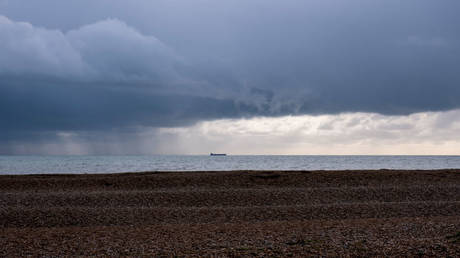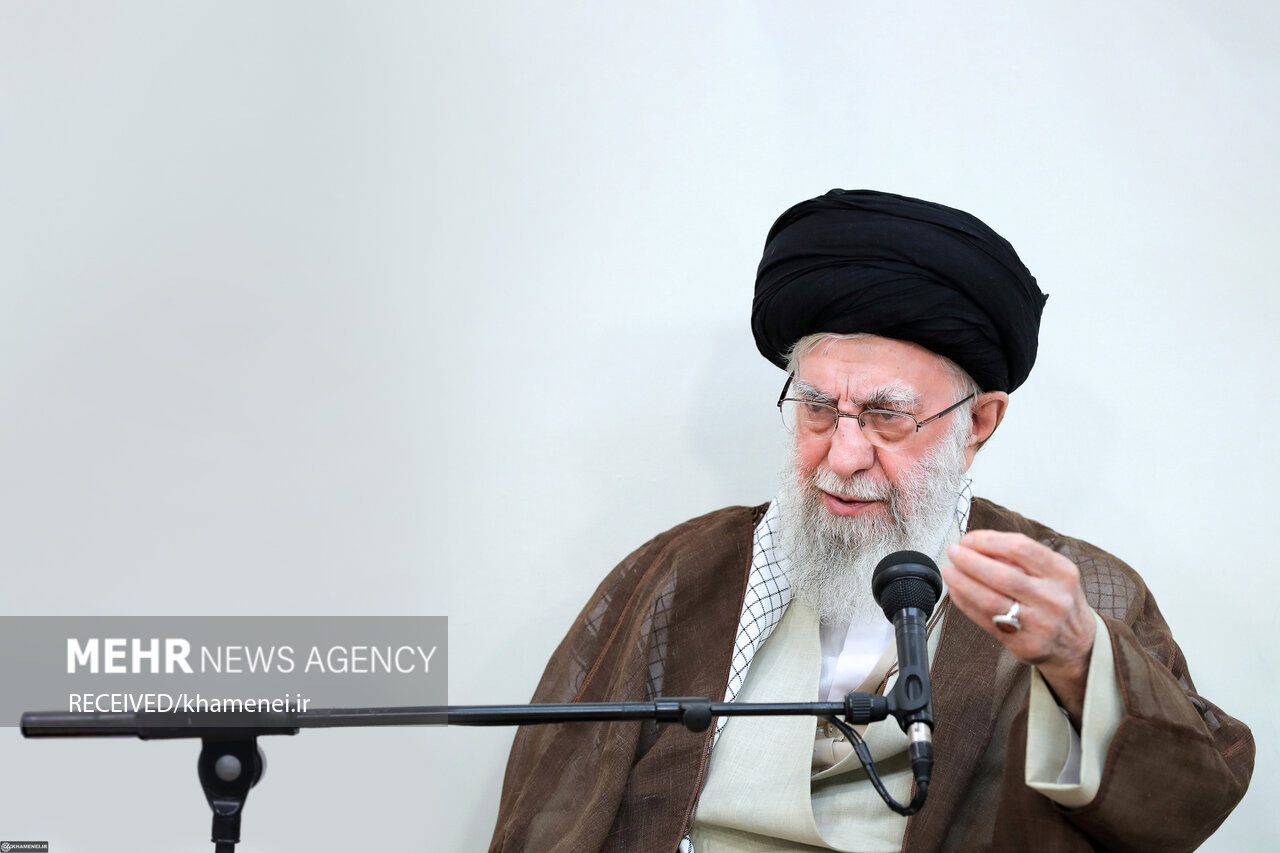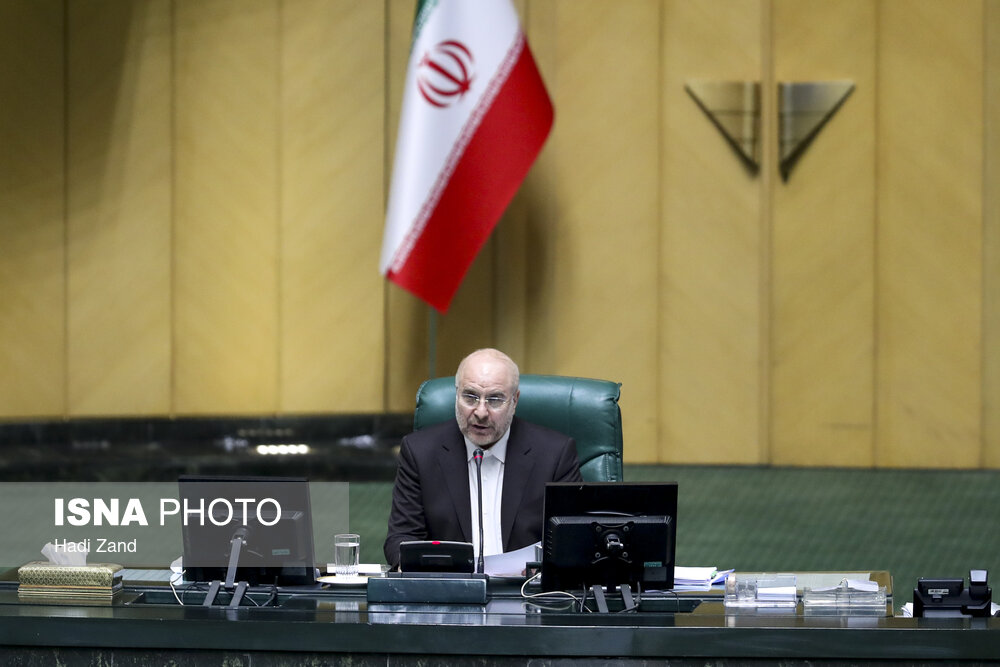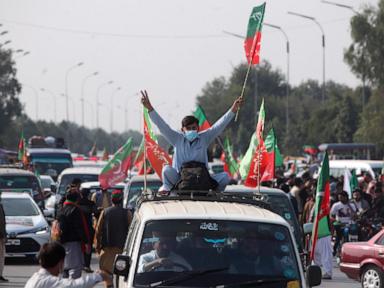ARTICLE AD BOX
Moscow has repeatedly accused Brussels and NATO of “hybrid warfare” against it
The European Council has established a new framework for restrictions against Russia to address what it claims are the country’s “destabilizing actions abroad” and a variety of “hybrid threats.”
Moscow has repeatedly described Western sanctions as illegal and accused the EU and its allies of employing “hybrid warfare” against it.
The new framework will enable Brussels to target individuals and entities allegedly engaged in actions on behalf of the Russian government, the European Council said in a statement on Tuesday. It aims to tackle the “hybrid threats” supposedly posed by Moscow, such as undermining the EU’s electoral processes, and disinformation.
The mechanism will be in addition to the 14 packages of restrictions that the EU has already imposed on Moscow since the outbreak of the Ukraine conflict in 2022.
Read more Ports refusing entry to ship with 20,000 tons of ammonium nitrate – NYT
Ports refusing entry to ship with 20,000 tons of ammonium nitrate – NYT
In May, NATO accused Russia of carrying out “malign activities” and various “hybrid operations” in several EU nations that are members of the US-led military bloc. In response, Russian Foreign Ministry spokeswoman Maria Zakharova accused NATO of disinformation and said that the bloc was “stirring up anti-Russian hysteria” in order to justify the “unprecedented scale of militarization” in the EU.
Presidential spokesman Dmitry Peskov also called NATO’s accusations against Moscow a “Russophobic hysteria.”
Also in May, three Russian media outlets, namely news agency RIA Novosti, and newspapers Izvestia and Rossiyskaya Gazeta, were prohibited from operating in the EU. Moscow described the ban as “illegitimate” and “a path to escalation,” retaliating with its own restrictions on more than 80 EU media outlets.
Russia has repeatedly accused the European Union and Western countries of hybrid warfare against it. Zakharova warned in July that the “hybrid war” being waged by the West against Russia could end up resulting in a nuclear confrontation. Russian President Vladimir Putin recently proposed a change to the country’s nuclear doctrine, citing deliberations among Kiev’s backers over possible long-range missile strikes on Russian soil.
READ MORE: Moscow accuses Western media of ‘hybrid aggression’
Last year, Putin cited the Western sanctions campaign and weapons supplies to Kiev as examples of the hybrid war against Russia.
.png)
 1 month ago
2
1 month ago
2








 English (US)
English (US)